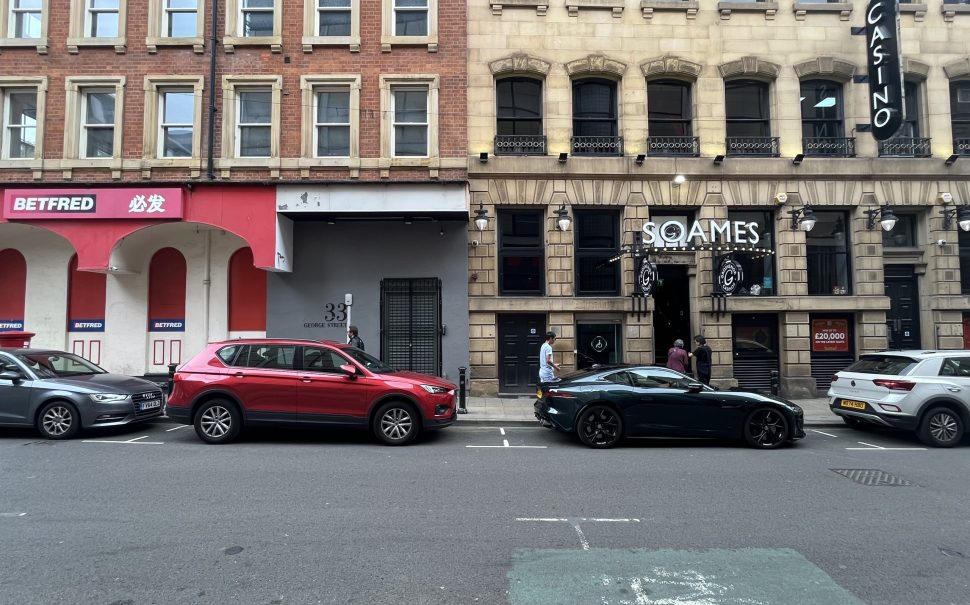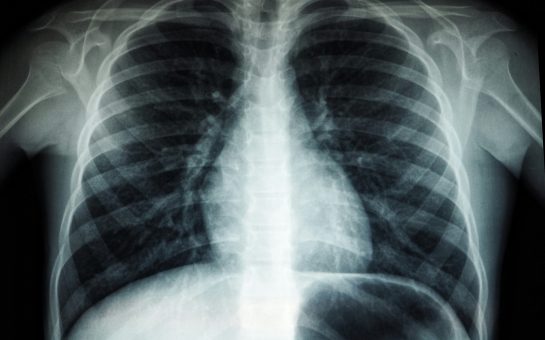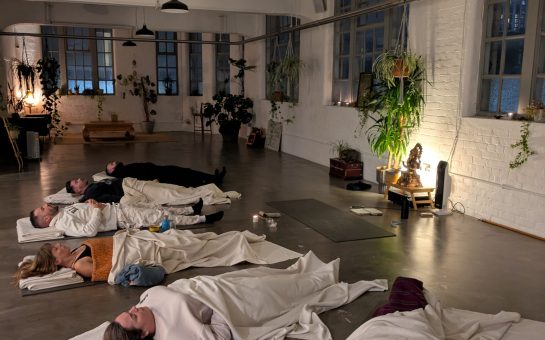The tax revenue for online gambling more than tripled between the 2015 and 25 fiscal years, according to data from the Gambling Commission.
However, levels of in-person gambling in Manchester remain high.
Lauren Campbell, treatment manager at North West gambling support charity Beacon Counselling Trust, said: “Gambling is a massive problem across the North West.
“The issue is worse in places with high levels of deprivation.
“These are the places where you find more gambling shops.”
Total tax duties from remote (online) gambling were £336m in 2015/16, out of a total tax revenue of £2.7bn for the industry as a whole.
By 2024/25, remote gambling revenues increased to around £1.2bn out of a total revenue of £3.6bn.
This means remote gambling is now the highest single source of gambling tax revenue in the UK.
As online gambling has risen, the number of bookmakers throughout the country has fallen.
Between 2019 and 2024, the number of high-street bookmakers fell by about 30%, with 2400 bookies closing their doors, according to the Telegraph.
This trend peaked around the pandemic, with almost 1000 UK bookmakers shutting up shop in 2020 alone. The decline of bookies has slowed since this peak, but brick-and-mortar shops are still closing at higher than pre-2019 rates.
As well as being a result of the rise of online gambling, this is in part due to the previous government’s efforts to curb ‘fixed odds betting terminals’ (FOBTs), which were seen as particularly addictive.
Where once gamblers could use these machines to bet up to £100 on various games of chance, the maximum bet has now been capped at £2.
Campbell said: “I saw a shift in my service users when this law was put in place.
“Some people carried on gambling on the machines, even though the spend limit frustrated them.
“Others either stopped gambling or moved online.”
But although in-person gambling is on the decline nationwide, the Greater Manchester region still has high numbers of ‘land-based’ gambling stores.
There are currently 95 brick-and-mortar gambling premises registered with Manchester City Council alone, excluding family-friendly arcades.
This is the fourth most of any local authority in the UK, behind only Liverpool, Birmingham, and Glasgow.
When taken as a whole, Greater Manchester plays host to 390 of the country’s 8,505 licensed gambling premises, excluding family-friendly arcades.
The average number of gambling premises per local authority is 23.
The high number of gambling premises in Manchester is partly due to its large population, but not solely – relative deprivation is also a key factor.
Buckinghamshire has a population of approximately 560,000 compared to Manchester’s 569,000 but has only 39 total gambling premises.
According to the Greater Manchester Strategic Needs Assessment, people in the most deprived communities are nearly twice as likely gamble than people in the least deprived communities, and are seven times more likely be problem gamblers.
Problem gamblers in Manchester are also three times more likely to need to use a foodbank, with 28.6% of residents who gamble going without eating for a whole day because of a lack of money.
Research from the University of Bristol found that 21% of the UK’s gambling premises are located in the most deprived neighbourhoods, with only 2% in the least deprived neighbourhoods.
Danny, from the Manchester needs assessment, stated that one of his issues as a problem gambler in Manchester was the high number of gambling premises in the town centre.
“I counted I had to pass 20 gambling shops between getting of the train and going to work.
“Every shop has a free bet or an offer in the window to entice you back in.”
Several Greater Manchester boroughs consistently rank among the most deprived in the country, according to the 2019 indices of multiple deprivation.
The city of Manchester has the highest level of deprivation in Greater Manchester, with 43% of the population among the country’s 10% most deprived.
The city is considered to have ‘high’ numbers of low level, moderate, and problem gamblers, according to data from GambleAware.
Campbell also stated that Manchester’s football culture could be responsible for the large numbers of gambling premises.
“Older football fans still often go into the shops and put bets on.
“There’s a social aspect to it too – it’s part of their routine.”
Beacon Counselling Trust is a North West based mental health charity. They are one of the leading providers of gambling harms support, education and treatment within the National Gambling Support Network For more information, email: [email protected] call 0151 226 0696 or visit beaconcounsellingtrust.co.uk
Featured image credit: Daniel Dougherty




